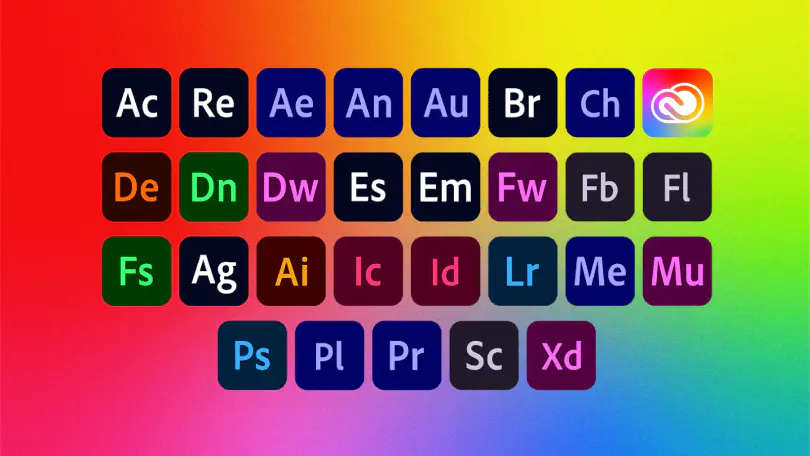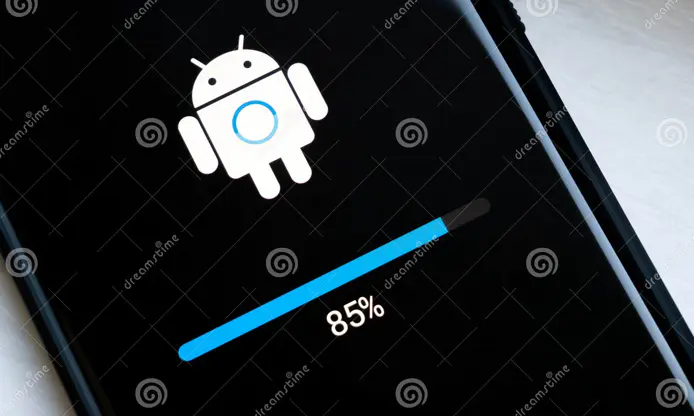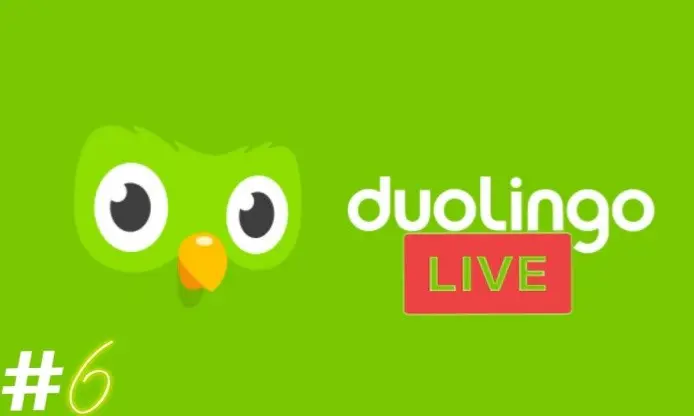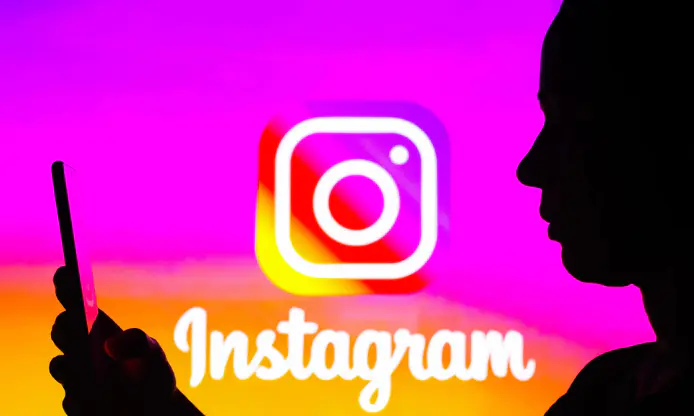My Chinese Name: A 2025 Guide to Meaning, Trends, and Cultural Significance

In 2025, s are trending globally, thanks to social media aesthetics, K-pop influences, and a growing fascination with Chinese culture. Whether you’re naming a child, adopting a new identity, or exploring your heritage, this guide unlocks the secrets behind Chinese names and their modern relevance.

From TikTok hashtags like #ChineseNameChallenge to Instagram posts flaunting calligraphic name designs, Chinese names are having a moment. Let’s break down why.
Users are pairing poetic Chinese names with visuals of ink paintings or cherry blossoms, driving keywords like “” to viral status. For example, the name 林雪 (Lín Xuě, “Forest Snow”) garnered 2M+ views for its dreamy vibe.
Stars like BLACKPINK’s Lisa (whose Chinese name 拉莉莎·马诺巴 blends Thai and Chinese elements) and C-drama actor Xiao Zhan (肖战) inspire fans to adopt Chinese names for social media bios.

Unlike Western naming conventions, Chinese surnames (e.g., 王 Wáng, 李 Lǐ) come first. This reflects Confucian values prioritizing family over the individual.
Given names often combine two characters with complementary meanings. For instance, 美琳 (Měilín) means “beautiful jade,” symbolizing grace and resilience.
How to Choose Your Own Chinese Name (Step-by-Step)
Apps like and analyze your personality or birthdate to suggest names.
CultureCraft Names: : Uses AI to avoid accidental meanings (e.g., 诗婷 Shītíng, “poetic grace”).
HanziHero: : Gamifies learning characters while suggesting names.
Never use surnames like 毛 (Máo, linked to Mao Zedong) casually. Avoid overly dramatic names like 龙霸天 (Lóng Bàtiān, “Dragon Dominator”).
Names like 雨桐 (Yǔtóng, “Rain Paulownia Tree”) connect to natural beauty—a trend surging 40% in 2024.
Male names often include 强 (qiáng, “strong”) or 勇 (yǒng, “brave”), while female names use 芳 (fāng, “fragrant”) or 婷 (tíng, “graceful”).
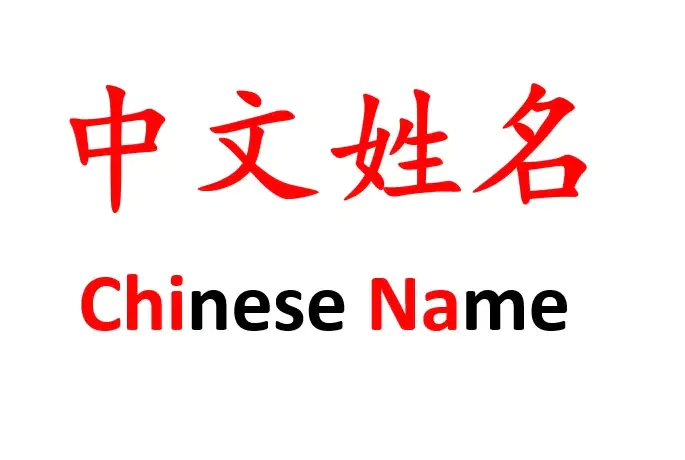
Tom Cruise’s official Chinese name 汤姆·克鲁斯 (Tāngmǔ Kèlǔsī) helps him resonate with fans during film promotions in China.
Can I use a Chinese name if I’m not Chinese? Yes, but research cultural nuances to avoid appropriation.
How do I pronounce tones correctly? Apps like HelloChinese offer tone-practice modules.
Are there unlucky characters to avoid? Yes, e.g., 死 (sǐ, “death”) or 鬼 (guǐ, “ghost”).
Can I legally use a Chinese name on my passport? Depends on your country’s regulations—consult local authorities.





